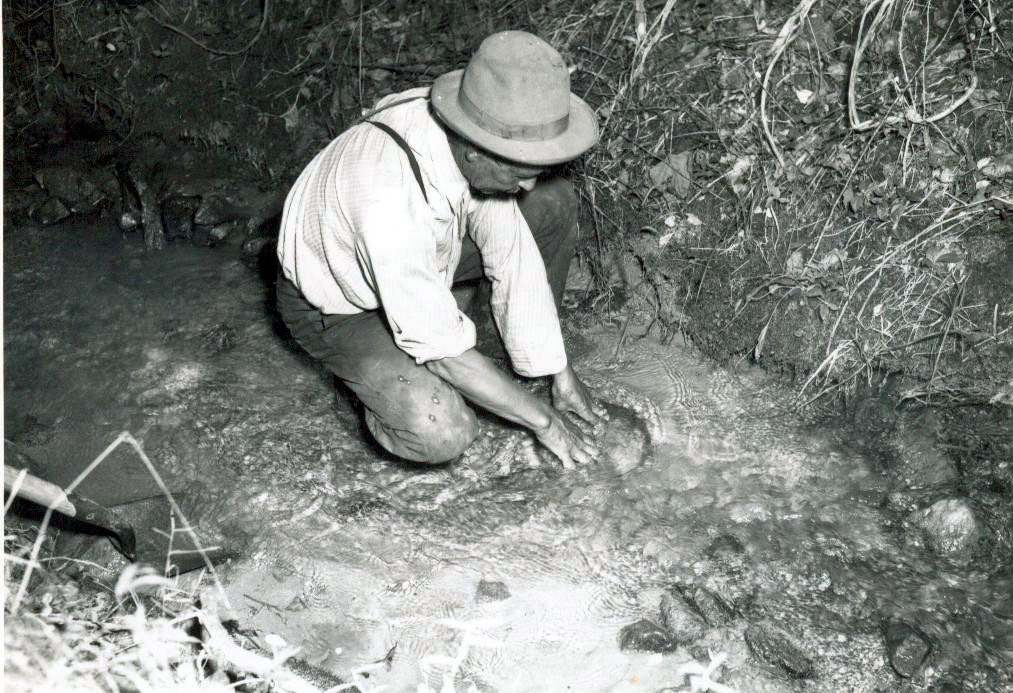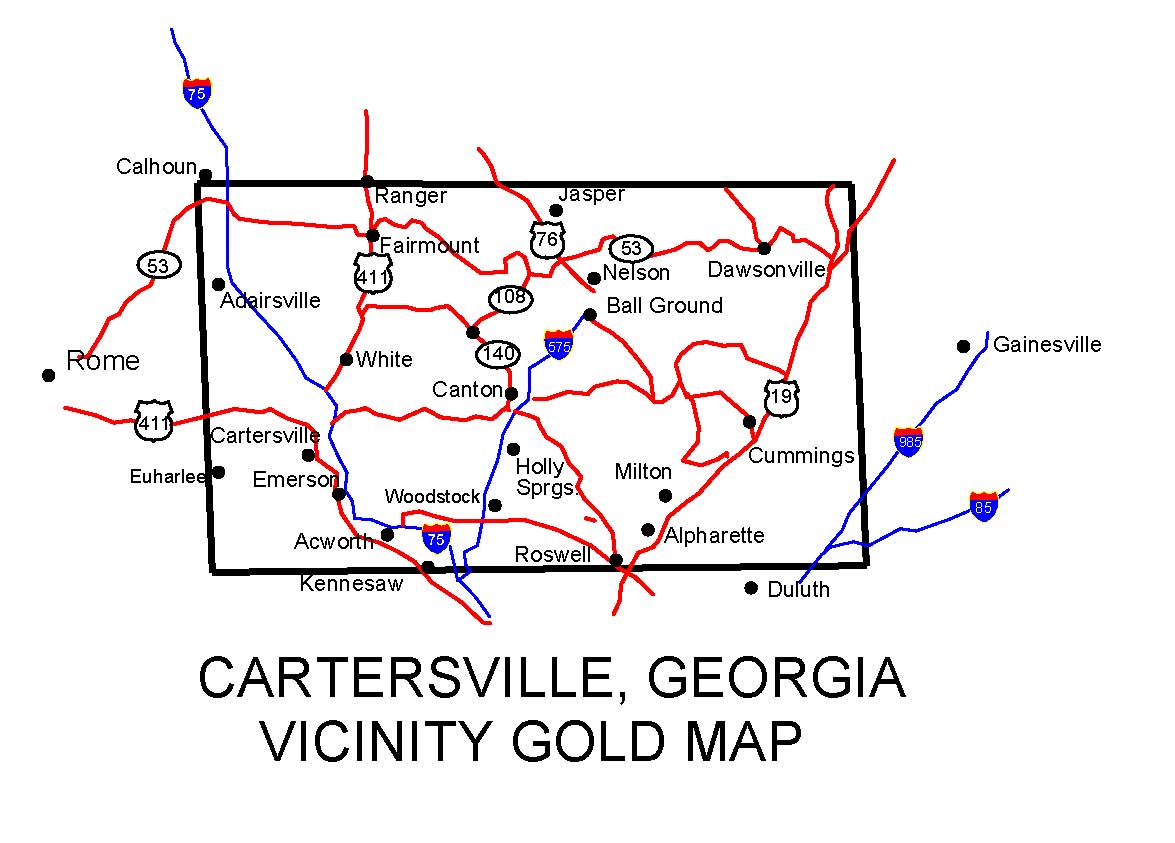

In Savannah, Anne took in boarders while Frémon taught French and dancing.

When the Virginia House of Delegates refused the divorce petition, it was impossible for the couple to marry. Pryor published a divorce petition in the Virginia Patriot and charged that his wife had "for some time past indulged in criminal intercourse". The couple later settled in Savannah, Georgia, where she gave birth to their son Frémont out of wedlock. Anne and Frémon fled to Williamsburg on July 10, 1811, later settling in Norfolk, Virginia, taking with them household slaves Anne had inherited. Pryor confronted Anne when he found out she was having an affair with Frémon. In 1810, Pryor hired Frémon to tutor his young wife Anne. At age 17, Anne married Major John Pryor, a wealthy Richmond resident in his early 60s. John Charles Frémont was born on January 21, 1813, the son of Charles Frémon, a French-Canadian immigrant school-teacher, and Anne Beverley Whiting, the youngest daughter of socially prominent Virginia planter Col. His biographer Allan Nevins wrote that Frémont lived a dramatic life of remarkable successes and dismal failures. The keys to Frémont's character and personality, several historians argue, lie in his having been born illegitimate and in his drive for success, need for self-justification, and passive-aggressive behavior. Some scholars regard him as a military hero of significant accomplishment, while others view him as a failure who repeatedly defeated his own best interests. Historians portray Frémont as controversial, impetuous, and contradictory. After his resignation as governor, he retired from politics and died destitute in New York City in 1890. Frémont served as Governor of the Arizona Territory from 1878 to 1881. After the Civil War, he lost much of his wealth in the unsuccessful Pacific Railroad in 1866, and he lost more in the Panic of 1873. He was nominated for president in 1864 by the Radical Democracy Party, a breakaway faction of abolitionist Republicans, but he withdrew before the election. After a brief service tenure in the Mountain Department in 1862, Frémont resided in New York, retiring from the army in 1864. He issued an unauthorized emancipation edict and was relieved of his command for insubordination by Lincoln. Frémont had successes during his brief tenure there, though he ran his department autocratically and made hasty decisions without consulting President Lincoln or Army headquarters. senators elected from the new state of California in 1850.Īt the beginning of the American Civil War in 1861, he was given command of the Department of the West by President Abraham Lincoln. Gold was found on his Mariposa ranch, and Frémont became a wealthy man during the California Gold Rush. Afterwards, he settled in California at Monterey while buying cheap land in the Sierra foothills. Polk, but Frémont resigned from the Army.

His sentence was commuted and he was reinstated by President James K. Frémont was court-martialed and convicted of mutiny and insubordination after a conflict over who was the rightful military governor of California. During this time, he led the Sacramento River massacre, Klamath Lake massacre, and Sutter Buttes massacre against Indigenous peoples. Army and took control of California from the California Republic in 1846. During the Mexican–American War, he was a major in the U.S. In the 1840s, he led five expeditions into the western states. He lost the election to Democrat James Buchanan when the vote was split by Know Nothings.įrémont was a native of Georgia. in 1856 and founder of the California Republican Party when he was nominated. He was a United States senator from California and was the first Republican nominee for president of the U.S. John Charles Frémont or Fremont (January 21, 1813 – July 13, 1890) was an American explorer, military officer, and politician.


 0 kommentar(er)
0 kommentar(er)
